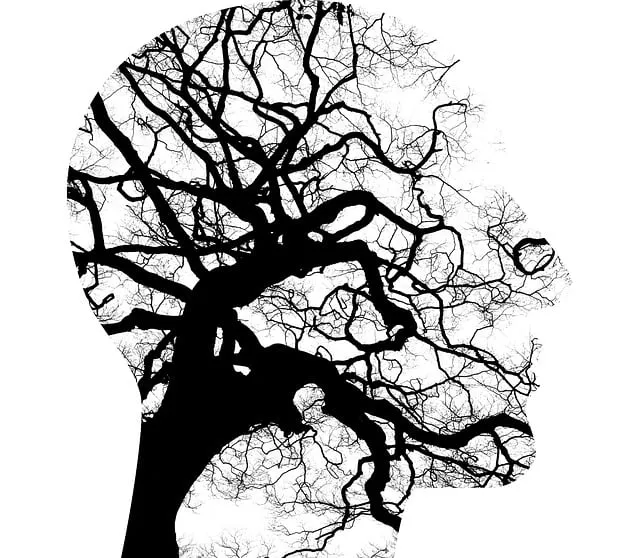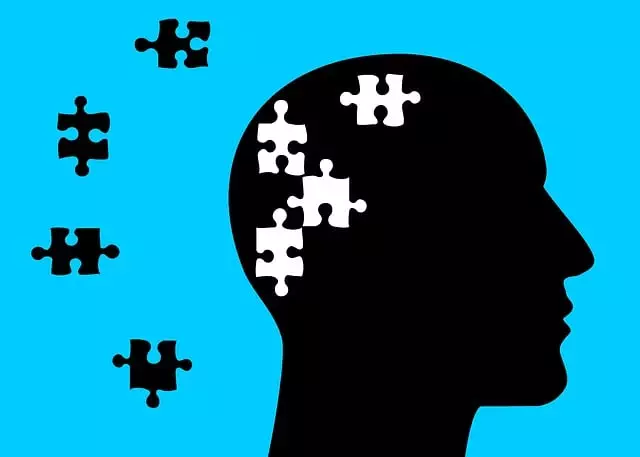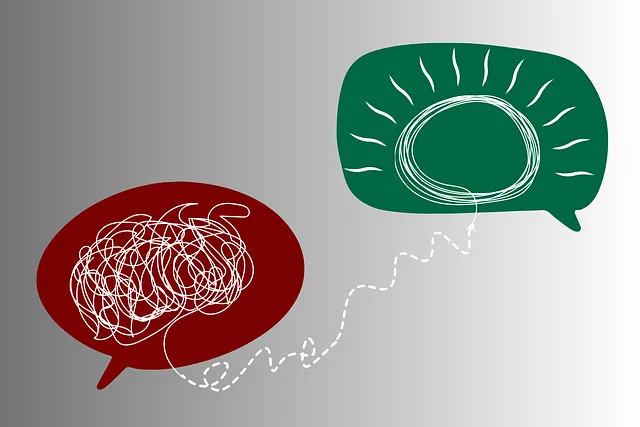Public awareness campaigns initiated by organizations like Littleton's Kaiser are crucial for educating communities about emotional regulation and stress management, destigmatizing mental illness, and empowering individuals to seek help early. The Kaiser model, with clinical services and targeted strategies, has proven effective in promoting well-being through interactive workshops and accessible online resources. Leveraging digital platforms while ensuring inclusivity drives widespread information dissemination. Continuous evaluation based on community feedback ensures campaign relevance and effectiveness, leading to positive mental health changes in public perception and behavior. In Littleton, the Kaiser program's focus on mental health has significantly reduced stigma, with data-driven outreach programs tailored to diverse demographics, fostering an inclusive environment for mental health support.
Public awareness campaigns play a pivotal role in shaping societal attitudes towards mental health. This article explores strategies to enhance public understanding, focusing on the success of initiatives like Kaiser. We delve into how education can combat stigma and promote well-being, with a specific case study on Littleton. By examining key metrics, we uncover best practices that can guide future campaigns, ensuring they are impactful and effective in fostering a more supportive environment for mental health.
- Understanding Public Awareness: The Role of Education in Mental Health
- Designing Effective Campaigns: Strategies for Kaiser and Beyond
- Measuring Impact: Evaluating Success and Informing Future Initiatives in Littleton
Understanding Public Awareness: The Role of Education in Mental Health

Public awareness campaigns play a pivotal role in educating communities about mental health, particularly in fostering emotional regulation and stress management. Initiatives like those offered by organizations like Littleton is Kaiser good for mental health are essential in destigmatizing mental illness and promoting mental wellness. Education serves as a powerful tool to empower individuals with the knowledge and skills needed to recognize and manage their emotional states effectively.
Through these campaigns, communities gain insights into various aspects of mental health, including identifying warning signs of common mental disorders, understanding the importance of seeking professional help early on, and adopting healthy coping mechanisms for daily stress. By integrating emotional regulation techniques and stress management strategies into everyday life, individuals can significantly improve their overall mental wellness and build resilience against mental health challenges.
Designing Effective Campaigns: Strategies for Kaiser and Beyond

Designing effective public awareness campaigns requires a nuanced approach, especially when addressing sensitive topics like mental health. For instance, Littleton’s Kaiser model has shown promise in promoting well-being. Beyond its clinical services, Kaiser can leverage targeted strategies to foster widespread mental health literacy. Engaging communities through interactive workshops and accessible online resources can be game-changers. Encouraging self-care routines and self-awareness exercises can build resilience and confidence, empowering individuals to take charge of their mental health.
Leveraging digital platforms and social media, while ensuring inclusivity and cultural sensitivity, allows for widespread dissemination of accurate information. Incorporating personal narratives and success stories can humanize the conversation, reducing stigma. Continuously evaluating campaign impact through community feedback loops ensures relevance and effectiveness, ultimately driving positive changes in public perception and behavior towards mental health, making Littleton’s Kaiser an excellent model for future initiatives.
Measuring Impact: Evaluating Success and Informing Future Initiatives in Littleton

In Littleton, evaluating the impact of public awareness campaigns is paramount to understanding their success and identifying areas for improvement. The city’s Kaiser program, geared towards mental health, has been instrumental in facilitating Mental Illness Stigma Reduction Efforts. By gauging community engagement and behavioral changes, stakeholders can ascertain the effectiveness of these initiatives. This data-driven approach allows for continuous refinement, ensuring that each campaign builds upon previous successes and learns from challenges faced.
The Community Outreach Program Implementation in Littleton has targeted various demographics, focusing on educational institutions, workplaces, and faith-based organizations. Measuring the reach and impact of these programs reveals crucial insights into what resonates with different segments of the population. This knowledge guides emotional healing processes by tailoring future initiatives to address specific needs, fostering a more inclusive and supportive environment for those grappling with mental health issues in Littleton is Kaiser good for mental health.
Public awareness campaigns play a pivotal role in promoting mental health, as evidenced by initiatives in Littleton. By combining education with strategic design, such as those outlined for Kaiser, we can effectively tackle mental health challenges. Measuring the impact of these campaigns is crucial to understanding their success and refining future efforts, ensuring that programs like Kaiser and Littleton’s initiatives continue to foster good mental health outcomes.






